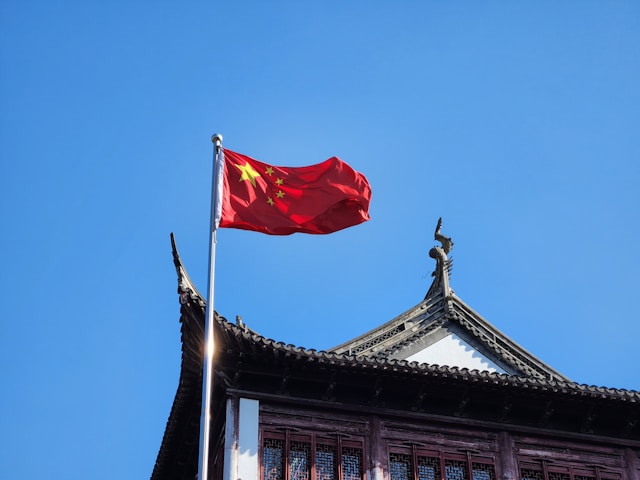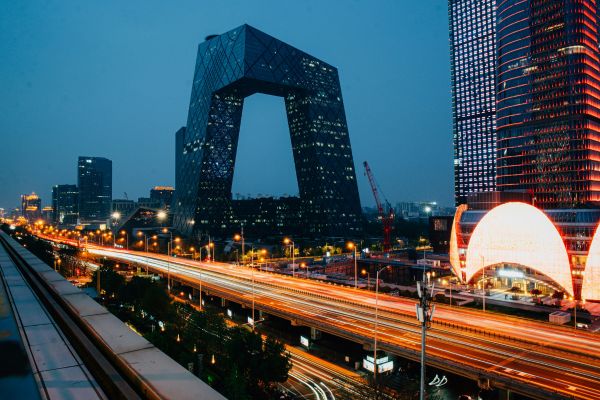
Judge Du Wanhua (杜万华), deputy director of the Advisory Committee to the Supreme People’s Court (SPC) of China (also an expert on bankruptcy law at the SPC) wrote in July 2018 that the China-US trade war may bankrupt many Chinese companies, and Chinese courts should get prepared as soon as possible.
Du said that many of the companies that go bankrupt due to the trade war are high-quality enterprises and even promising high-tech enterprises. These enterprises feature advanced equipment, the leading technology in the market, sound management, high-quality products and sizzling sales.
These companies would not go bankrupt if the business conditions don’t deteriorate in the ongoing trade war, such deterioration includes:
(1) Due to high tariffs, the cost of raw materials or parts needed for the upstream of the industrial chain will increase dramatically;
(2) Key raw materials or parts have been banned from selling to Chinese firms;
(3) Costs will rise sharply due to high anti-dumping and countervailing duties from other countries;
(4) Relevant countries may suddenly close their markets for trade protection, making it difficult for Chinese firms to sell;
(5) The technical embargo in service trade may lead to difficulties in production;
(6) Debt crisis may arise from unreasonable debt structure.
In Du’s view, protection shall be provided for these enterprises in dealing with their bankruptcy cases. The courts should preserve these enterprises’ high-quality production and management systems and protect their capabilities rather than tearing their assets down into “pieces” for an auction, as the latter will undermine the integrity of such systems and capabilities.
Therefore, the courts should find strategic investors who can rescue these bankrupt companies by restructuring them. A group of funds and companies that can mobilize different resources in various industries shall be rallied for a restructure of these bankrupt enterprises, thereby saving these high-quality enterprises, or at least keeping their excellent production management system and capabilities intact.
In addition, Du also suggested that the courts and the government should work together to deal with the bankruptcy arising from the trade war. Even though bankruptcy resulting from the trade war won't start immediately or widely, preparations for a rainy day need to be made as soon as possible by putting into place a court-government cooperation mechanism.
Cover Photo by Joshua Earle(https://unsplash.com/@joshuaearle) on Unsplash
Contributors: Guodong Du 杜国栋








